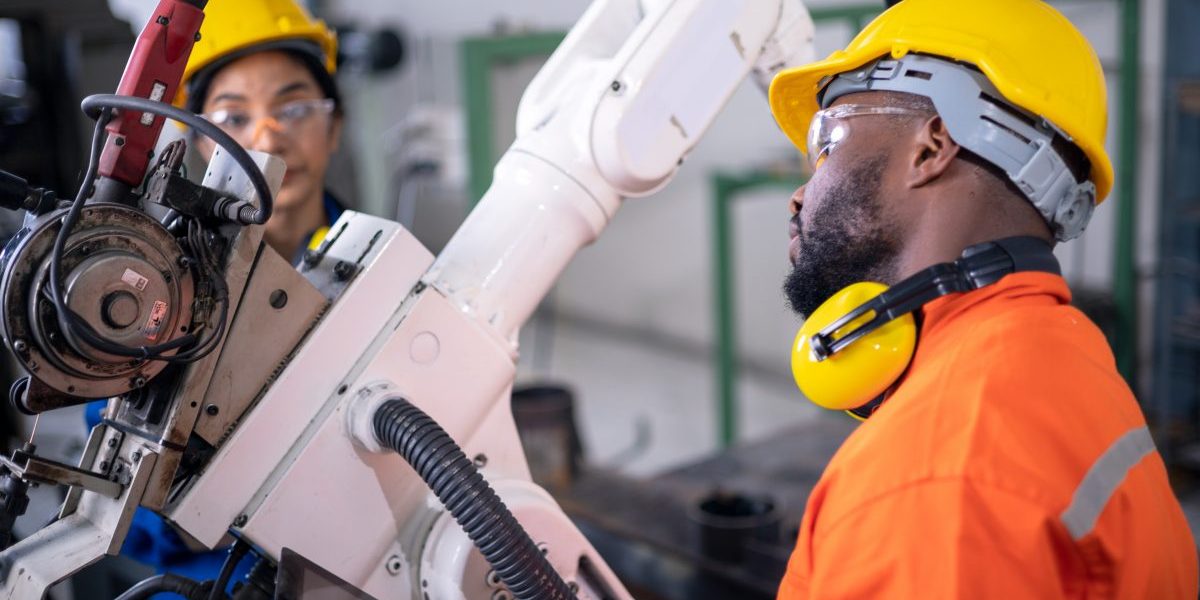Scenarios do not predict the future, but instead explore a range of uncertainties about regional industrialisation development while identifying potential and emergent challenges and opportunities, while highlighting pathways to economic well-being.
Background:
The demand for the decarbonisation of industry and the Fourth Industrial Revolution (4IR) has set a new trajectory in technological disruption, which has been accelerated by the COVID-19 pandemic. This has forced the rapid adoption of digital tools such as artificial intelligence, robotics and new modes of work.
For SADC, the 4IR can be viewed as a double-edged sword, presenting opportunities such as improvements in business productivity, banking the unbanked, formalising economies, creating new markets and improving access to public services. However, the risks include automation at the expense of job creation and reshoring manufacturing operations to more advanced economies. Aggressive adoption of 4IR may also expose the region’s unprepared skills base and outdated technology infrastructure, resulting in deepened inequality.
Industry 4.0 paves the way for increased interconnectivity and smart automation by creating rapid and unprecedented changes to technology, industries and societal patterns. While discourse on the 4IR in the SADC region has become ubiquitous, there has been little exploration of its impact on the emerging drivers of industrialisation such as rapid urbanisation, population growth, rising incomes, energy decentralisation, climate change, decarbonisation of economies and even the rise of China.
Considering the interplay of the 4IR and other drivers is key in understanding the potential impact of industrialisation as societal changes (income, behaviour and perceptions) shape consumption and thus demand-and-supply responses.
Moderator: Ms Letitia Jentel, Futures Programme Manager
Welcome: Mr Christoph Kleiber, Deputy Resident Representative, Konrad Adenauer Foundation in South Africa
Panellists:
- Dr Julius Gatune, Policy Advisor and Futurist: Innovation and Transformation, Maastricht School of Management, UNESCO Futures Literacy Chair, Dedan Kimathi University of Technology
- Mr Noel Lihiku, Directorate of Industrial Development and Trade: Programme Office (Clusters), SADC Secretariat
- Ms Michelle Chivunga, CEO and Founder of Global Policy House
- Dr Deon Cloete, Head, SAIIA Futures Programme


